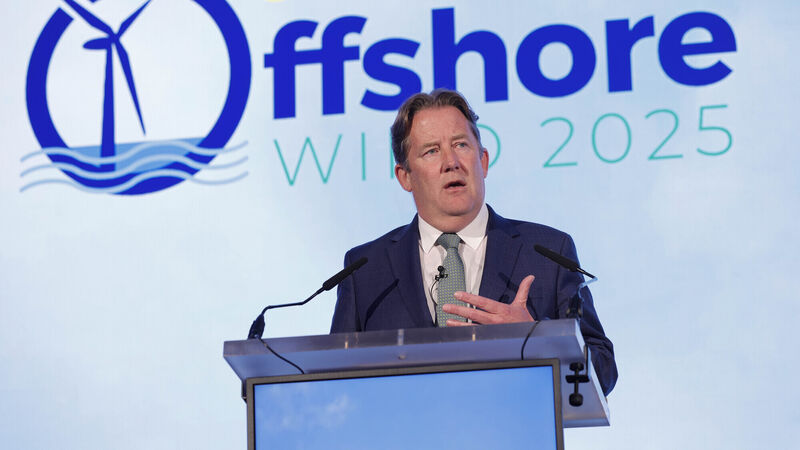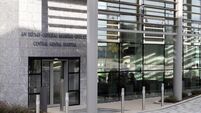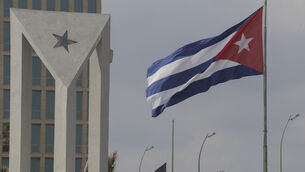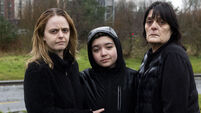Irish Examiner view: It's catastrophic to be going backwards on climate targets

Environment minister Darragh O’Brien said the EPA figures 'are a clear signal that, while we’ve made real progress, we need to move faster to meet our 2030 climate targets'. Picture: Conor McCabe













